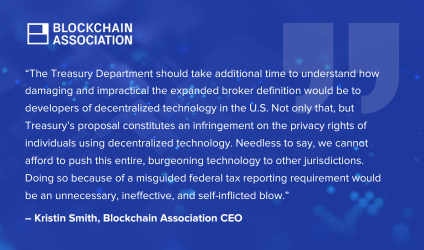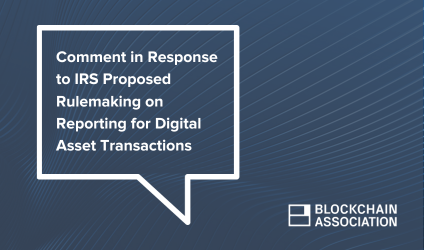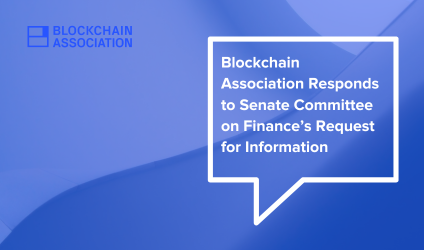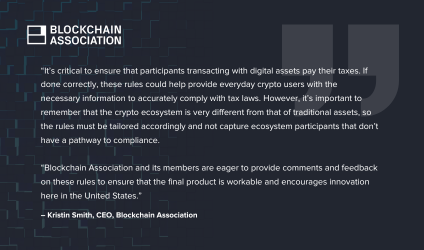
Taxation
Cryptocurrencies are a sizable generator of US tax revenue, but there are many open questions as to when crypto-related activities are taxable, and for how much.
As the industry continues to develop new use cases and services that involve crypto, the number of potentially taxable activities continues to rise. Therefore, it is essential to ensure that participants transacting with digital assets pay their taxes accordingly. Unfortunately, existing language for tax compliance in certain areas is unclear, leading to a potentially significant loss in revenue for the US government and frustrating confusion for taxpayers who want to make sure they pay what they owe.
In 2014, the Internal Revenue Service (IRS) released a notice declaring that, for the purposes of taxation, digital assets would be treated as property. As a result, it is clear that general tax requirements for property transactions, including capital gains taxes, apply to digital asset transactions. Yet, there are many more complicated taxable activities for which the IRS has yet to provide clear guidance.
Congress unfortunately added to the confusion when it enacted several provisions related to crypto taxation in the Infrastructure Investment and Jobs Act (IIJA). The IIJA amended the Tax Code in several ways that are likely unworkable, including a significant expansion to the category of people who must collect and report sensitive personal data to the IRS, even if they don’t have access to that data. Although it is certainly essential to ensure that crypto market participants pay their fair share in taxes, the IIJA failed to achieve that goal, instead creating harmful uncertainty that could injure American crypto companies and citizens alike. We support tax policy that properly recognizes the need for tailored reporting requirements and other measures to ensure tax compliance across the crypto ecosystem.
Relevant News
What the IRS Gets Wrong About DeFi and Crypto in Its Latest Tax Reporting Proposal
Blockchain Association Submits Comment in Response to IRS Proposed Rulemaking on Reporting for Digital Asset Transactions
Comment in Response to IRS Proposed Rulemaking on Reporting for Digital Asset Transactions
IRS Proposed Rule on Digital Asset Broker Reporting Could Kill Crypto in America
Blockchain Association Responds to Senate Committee on Finance’s Request for Information
Blockchain Association CEO Kristin Smith Statement on Proposed IRS Rules
Blockchain Association Expresses Frustration and Disappointment at Lack of Unanimous Consent on the Toomey-Warner-Lummis-Sinema-Portman Compromise
Blockchain Association Expresses Support for Toomey-Warner-Lummis-Sinema-Portman Compromise
The ‘compromise’ crypto amendment is no compromise at all
Hidden Provision in Infrastructure Bill Exposes Americans’ Financial Privacy
More Than 100 Crypto Ecosystem Stakeholders Support Wyden-Lummis-Toomey Amendment in Infrastructure Bill
Digital Asset Provision in Infrastructure Bill Places Unworkable Requirements on Crypto Technology
More Work Needed on Digital Asset Tax Information Provision in Infrastructure Bill, Says Blockchain Association
12 Regional Blockchain Associations Urge Congress to Reject Infrastructure Bill Provision Targeting Crypto







